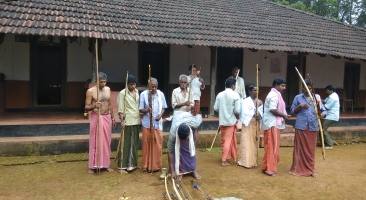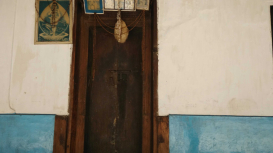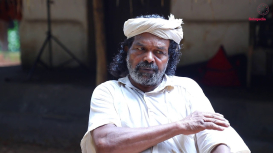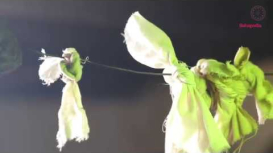India is home to multitudes of indigenous ethnic communities across various states. The indigenous people of India are not a homogenous entity; they unveil pluralities in all walks of life. Their knowledge systems have a lasting appeal beyond the rational realm. Tribal knowledge systems are a unique blend of practical wisdom as well as skills, facts and wisdom acquired over generations. Each tribal sect develops an intangible cultural heritage through years of understanding, perception and lived experience. Wayanad district in Kerala, known for its forests, spices, paddy cultivation and presence of the Western Ghats, has a large indigenous population. This study seeks to explore the unique cultural practices of the Kurichiya and Kuruma tribal communities in Wayanad. It also attempts to venture into understanding daivappura, a concept central to the spiritual domain of these communities. In a world where tribal knowledge systems are fast diminishing, this documentation is relevant to advocate their use in areas such as agriculture, ecosystem management, conservation efforts, etc.
Kurichiya and Kuruma Tribal Communities of Wayanad
in Module
Published on:

Linet Sebastian
Linet Sebastian is assistant professor at the Post Graduate and Research Department of English, St. Joseph’s College, Irinjalakuda, Thrissur, Kerala. She is currently pursuing her PhD at University of Calicut, Kerala.



